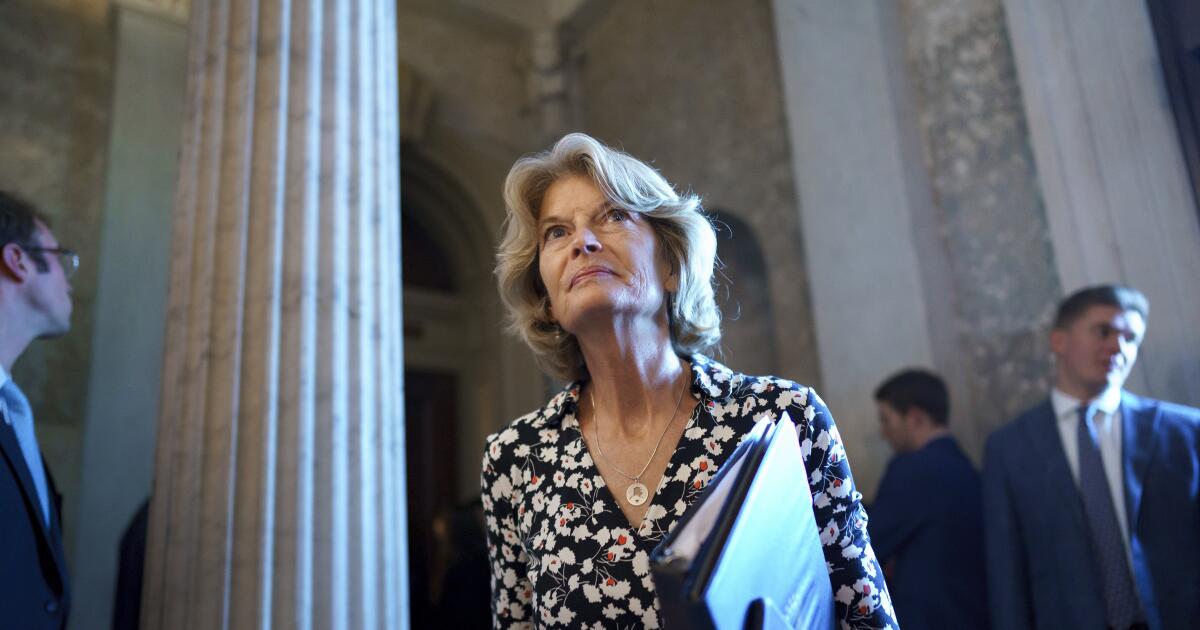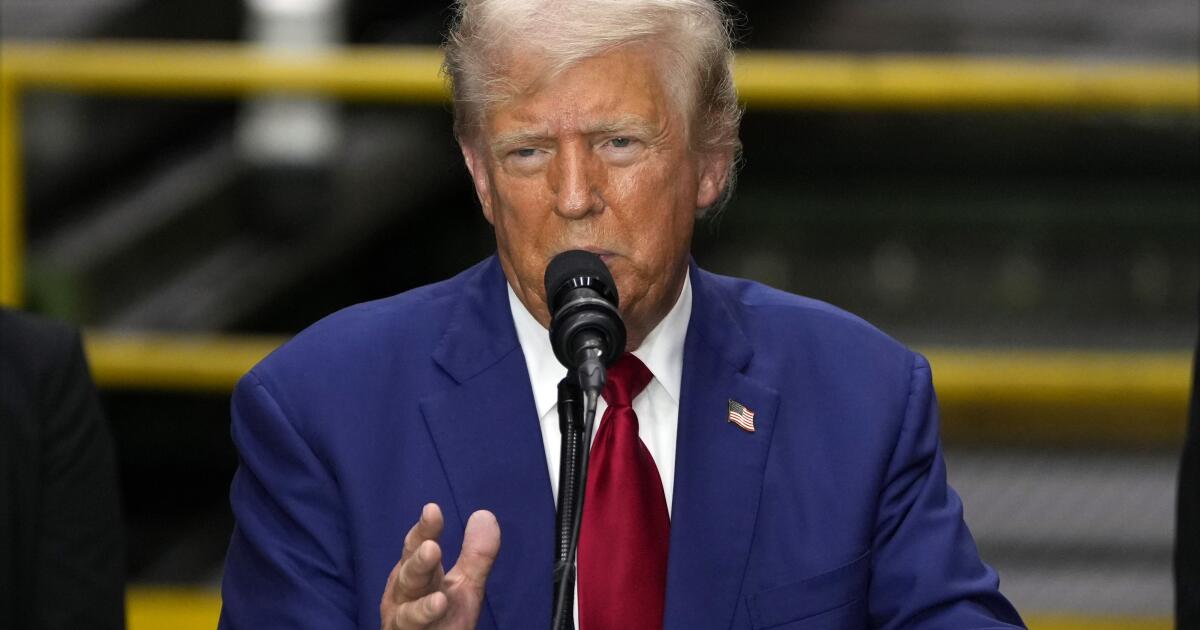PARIS (Reuters) – French President Emmanuel Macron on Wednesday urged rival parties to join his electoral alliance against Marine Le Pen’s far-right National Rally, while the conservative Republicans ditched their party chief for seeking a far-right pact.
The fast-moving political developments came after Macron’s shock decision to call a snap parliamentary election in a few weeks. The vote could hand real power to Le Pen’s party after years on the sidelines.
In what amounted to a campaign speech, Macron on Wednesday defended his decision to call the snap vote, and urged parties on both sides of the political centre to join him in the battle against the hard right in the June 30 and July 7 elections.
Macron, who ruled out quitting if his ruling alliance loses, called on “our compatriots and political leaders who do not recognise themselves in the extremist fever” to “build a new project … a coalition to govern.”
In a sign of the political chaos that Macron’s decision has unleashed, the Republicans party leadership on Wednesday decided to kick out their party chief Eric Ciotti after he appealed for an electoral alliance between his party’s candidates and the National Rally, known as RN.
Macron described such an accord as a “deal with the devil”. It would have ended the decades-long mainstream political consensus to block the far-right from power.
Writing on X, Ciotti said the Republicans meeting had not followed protocol: “I am and remain the president of our political party, elected by the members!” he said.
POLITICAL CRISIS
Macron called the election on Sunday after the anti-immigration, eurosceptic RN came out on top in a vote for the European Parliament.
The RN is expected to win 31% of votes in the first round national vote on June 30, while a left-wing alliance would get 28%, an Elabe poll on Wednesday showed. Macron’s ticket is seen clinching 18%.
In a new twist, Marion Marechal, an ally of Eric Zemmour and his smaller far-right party Reconquest, on Wednesday urged her followers to vote for the RN.
Marechal is far-right leader Marine Le Pen’s niece and used to be a prominent member of her party before they fell out.
Political commentators say the battle between the far right and left will determine who comes out on top in the legislative election, which will be decided in the second round on July 7.
If the RN were to win a parliamentary majority, Macron would remain president for three more years and direct defence and foreign policy but would lose control over the domestic agenda, including economic policy, security, immigration and finances.
Macron said he had no regrets in calling the snap vote, saying the RN’s policies would impoverish workers and retirees.
“I do not want to give the keys to power to the extreme right in 2027, so I fully accept having triggered a movement to provide clarification,” he said.
The Macron camp made RN’s economic policies its main point of attack, claiming they posed a danger.
Industry Minister Roland Lescure and Finance Minister Bruno Le Maire urged France’s top companies to publicly criticise RN. Lescure cited similar efforts by firms like Siemens and BMW against the far-right Alternative for Germany (AfD) party.
French bonds have come under pressure, pushing the yield on the 10-year benchmark to its highest level since November and even higher than lower-rated Portuguese bonds.
“If the National Rally goes ahead with its programme… a debt crisis is possible in France, a ‘Liz Truss’ scenario is possible,” Le Maire warned, referring to the tumultuous UK market sell-off under Truss’ short-lived premiership in 2022.
Inside his own camp, Macron’s election call has been met with gloom among his Renaissance party’s rank-and-file.
Edouard Philippe, Macron’s former prime minister and a potential successor in the 2027 presidential election, appeared to hint at the dismay among the centrist coalition and questions over how prominent a role Macron should play in the campaign.
“I’m not sure it’s entirely healthy for the president of the republic to run a legislative campaign,” he said on BFM TV.
(Reporting by Michel Rose and Elizabeth Pineau; additional reporting Dominique Vidalon, Writing by Gabriel Stargardter; Editing by Richard Lough, Janet Lawrence, Ros Russell and Cynthia Osterman)

